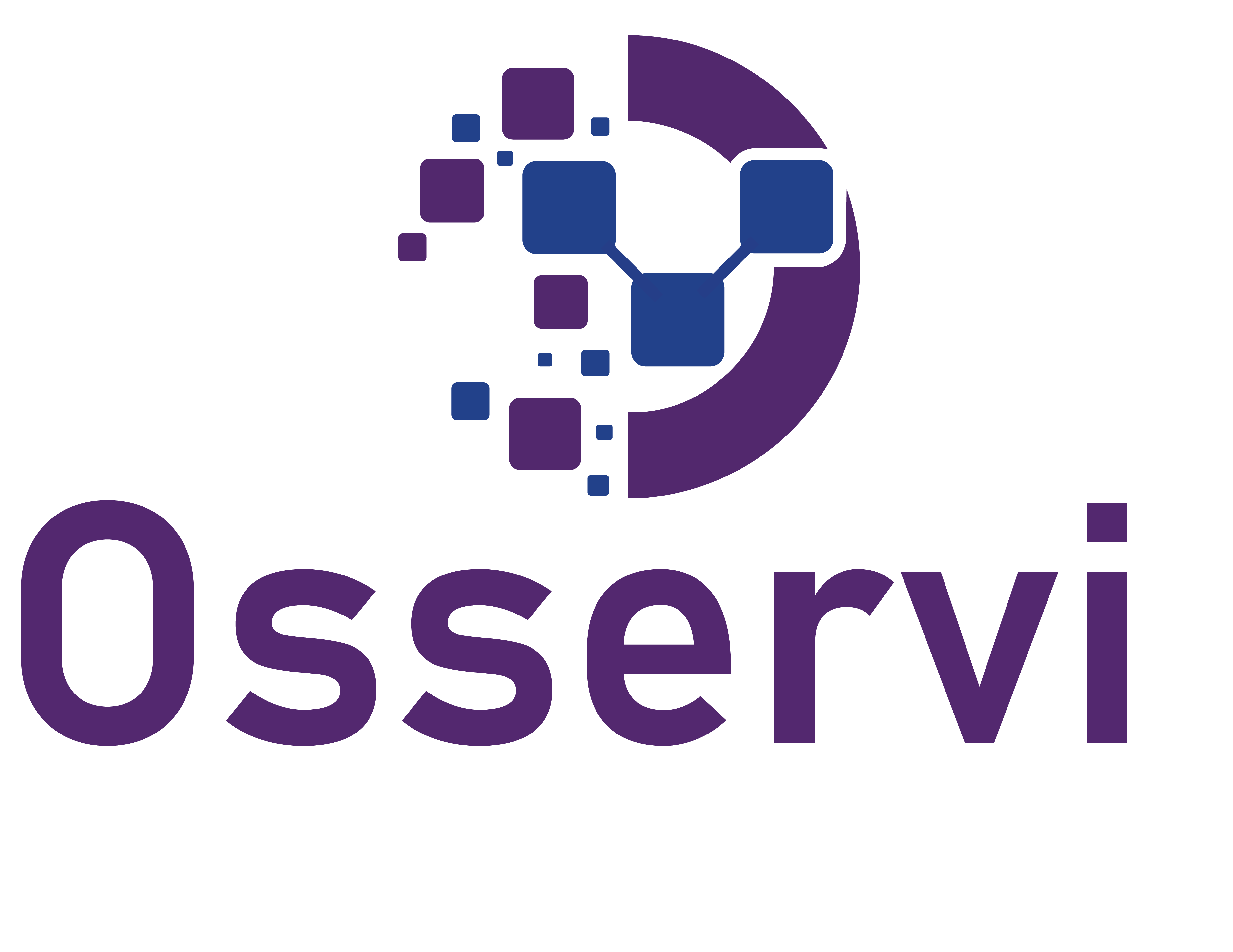Understanding VAT in Ireland: A Comprehensive Guide

Osservi . Follow
2 months ago
Introduction
Value-Added Tax (VAT) is a crucial element of the tax system in Ireland, impacting businesses of all sizes. Whether you’re starting a new business or managing an established one, understanding how VAT works is essential for compliance and efficient financial management. This comprehensive guide will break down the key aspects of VAT in Ireland, helping you navigate this complex area with confidence.
What is VAT?
VAT is a consumption tax applied to goods and services at each stage of the supply chain, from production to the final sale. In Ireland, VAT is governed by the Value-Added Tax Consolidation Act 2010, which outlines the rules and regulations businesses must follow. VAT is collected by businesses on behalf of the Revenue Commissioners and is ultimately borne by the end consumer.
Who Needs to Register for VAT?
In Ireland, businesses must register for VAT if their turnover exceeds specific thresholds:
- €37,500 for businesses supplying services
- €75,000 for businesses supplying goods
If your business’s turnover exceeds these thresholds, you are legally required to register for VAT. Even if your turnover is below these amounts, voluntary registration can be beneficial, particularly if you incur significant VAT on purchases.
How to Register for VAT
Registering for VAT in Ireland is a straightforward process that can be done online through the Revenue Online Service (ROS). Once registered, you’ll receive a VAT number, which must be included on all invoices and relevant business documentation.
Different VAT Rates in Ireland
Ireland applies different VAT rates depending on the type of goods or services provided:
- Standard Rate (23%): This is the default rate applied to most goods and services.
- Reduced Rate (13.5%): Applied to items such as fuel, building services, and some tourist services.
- Second Reduced Rate (9%): Applied mainly to newspapers, e-books, and certain tourism-related services.
- Zero Rate (0%): Applied to exports, certain food products, and children’s clothing.
- Exemptions: Some goods and services are exempt from VAT, including financial services, education, and healthcare.
Understanding which rate applies to your goods or services is essential for accurate VAT calculations and compliance.
Charging and Collecting VAT
Once registered, your business is responsible for charging VAT on all taxable supplies and collecting this tax from customers. The VAT amount must be clearly stated on invoices, along with your VAT number.
Filing VAT Returns
VAT returns are usually filed on a bi-monthly basis, though some businesses may be eligible for alternative filing schedules. When filing a VAT return, you’ll need to report:
- The total sales and VAT collected
- The total purchases and VAT paid
The difference between the VAT collected and paid is what you owe to Revenue or can reclaim. Filing is done through the Revenue Online Service (ROS), which ensures secure and efficient processing.
Claiming VAT Refunds
If your business incurs more VAT on purchases than it collects on sales, you may be entitled to a VAT refund. This can occur in scenarios where your business makes significant capital purchases or if you’re engaged in exporting goods, which are zero-rated. Refunds can be claimed through the regular VAT return filing process.
Common VAT Compliance Challenges
- Accurate Record-Keeping: Properly maintaining records of all sales, purchases, and VAT invoices is crucial. Inadequate records can lead to errors in your VAT returns and potential penalties.
- Understanding VAT Rates: Applying the correct VAT rate to different goods and services can be complex, particularly if your business deals in a variety of products.
- Meeting Deadlines: Failing to submit VAT returns and payments on time can result in fines and interest charges. It’s important to be aware of your filing schedule and plan accordingly.
The Role of Professional Accounting Services
Given the complexities of VAT, many businesses choose to work with professional accountants to ensure compliance. At Osservi, we offer specialized VAT services, including registration, return filing, and compliance support. Our expertise helps businesses navigate VAT regulations confidently, minimizing the risk of errors and penalties.
Conclusion
Understanding VAT in Ireland is essential for any business owner. By familiarizing yourself with the rules, rates, and processes, you can ensure your business remains compliant and operates efficiently. Whether you’re just starting out or managing an established business, Osservi is here to provide the support you need to handle VAT with ease.
Call to Action
Need help with VAT compliance? Contact Osservi today for expert advice and services tailored to your business needs.

